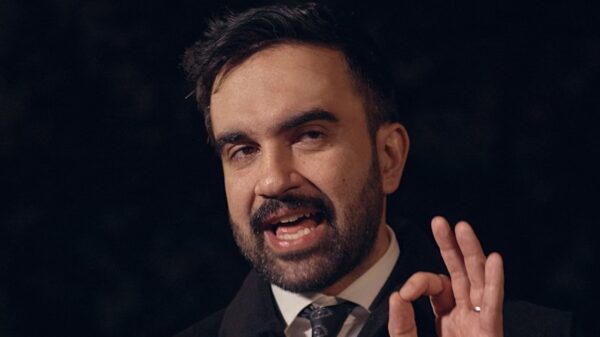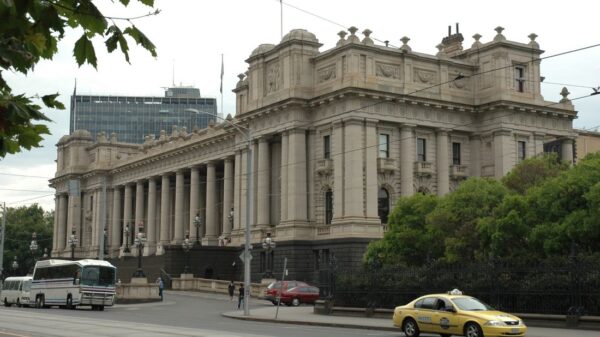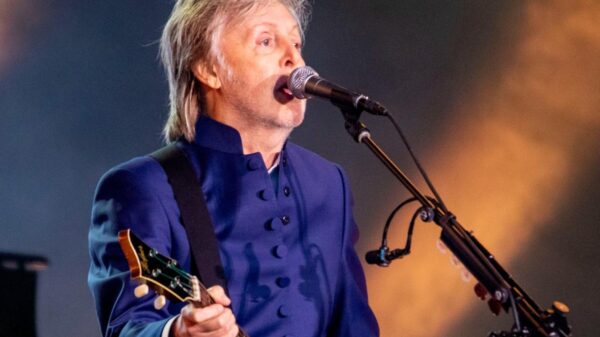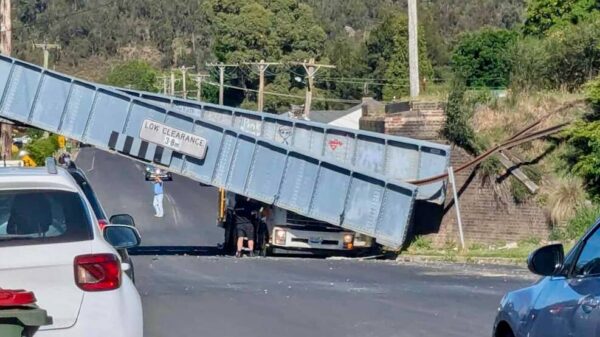Tensions have escalated within the Australian Liberal Party as Western Australia MP Ben Small publicly criticized leader Sussan Ley for her swift call to discuss the party’s stance on net zero emissions. Small voiced his concerns regarding a partyroom meeting scheduled for November 11, 2023, which coincides with Remembrance Day, a significant occasion for Australians to honor those who sacrificed their lives in military service.
In a statement released on Thursday, Small highlighted the irony of requiring WA members to travel to Canberra on a day dedicated to remembrance. “Having insisted for months we should take our time, there is now an inexplicable rush to resolve the energy policy question,” he said. Small noted that the meeting requires WA MPs and Senators to board a direct flight to Canberra at 11:00 AM on November 11, as though there were no more important commitments, such as attending local Remembrance Day services.
Small expressed disappointment that this scheduling oversight, if it was one, could be viewed as a serious misstep. He pointed out that the leader’s chief-of-staff had been informed of these concerns days prior, suggesting that the decision to proceed with the meeting was deliberate. “It instead appears to be a shameless provocation of colleagues who have clearly expressed views on this policy,” he remarked.
Small further criticized the current leadership’s approach, stating that the Liberal Party has been marked by a lack of direction in recent months. “The Liberal Party has had nothing to talk about for six months now because the leader declared all policies were to be reviewed, in a serious and unilateral break from longstanding convention,” he said. This shift has left party members feeling adrift, lacking the guidance typically provided by leadership.
The upcoming partyroom meeting will be followed by a virtual joint session with the Nationals on November 16 to establish a Coalition position on emissions targets. This discussion follows a recent decision by the Nationals to oppose a commitment to achieving net zero emissions by 2050. Instead, they propose a reduction in emissions at a rate approximately half of the OECD average.
As speculation mounts, the Liberals are also expected to reassess their commitment to net zero, though they may retain the target for some time in the latter half of the century, prioritizing power prices in their discussions.
Former environment minister Tanya Plibersek condemned the Nationals for their decision, labeling them as “extremists” for abandoning the net zero goal and ignoring the desires of various sectors, including business and agriculture. “The people who don’t back net zero are the extremists of the National Party and they’re dragging half the Liberal Party with them,” she stated.
Prime Minister Anthony Albanese weighed in on the situation, suggesting that the current state of the Liberal Party reflects a significant shift away from its traditional broad church identity, describing it instead as a “temple of doom.”
The internal conflict within the Liberal Party highlights the growing divisions over climate policy and the urgency surrounding Australia’s energy future as the nation grapples with its commitments to emissions reduction. As discussions unfold, the implications for both the Liberal Party and the broader political landscape remain to be seen.


































































